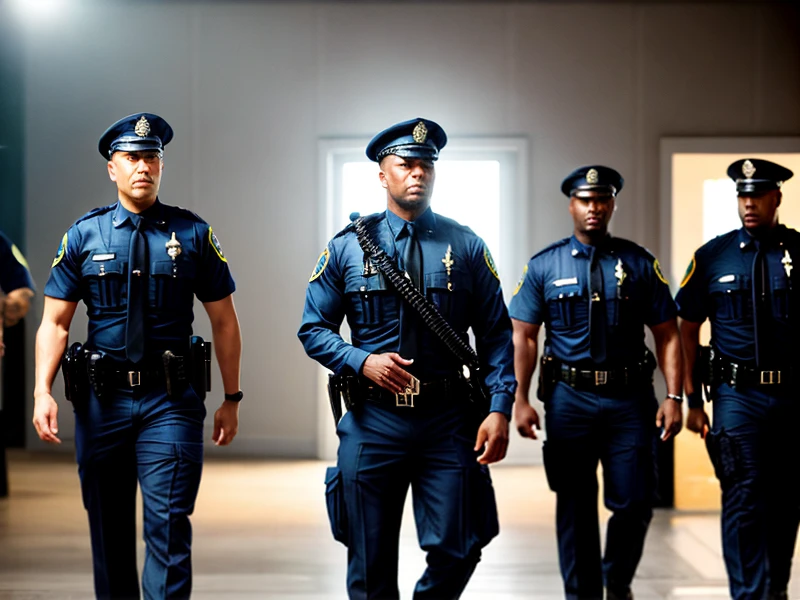Community Policing and Cultural Sensitivity: Fostering Safety and Harmony in Diverse Neighborhoods
In today's multicultural society, fostering safety and building trust between law enforcement agencies and diverse communities is crucial. Community policing, a philosophy that emphasizes collaboration and proactive problem-solving between law enforcement and community members, has emerged as an effective approach to crime prevention. However, to ensure its success and sustainability, community policing must be implemented with cultural sensitivity, taking into account the unique needs and perspectives of different ethnic and cultural groups. This article explores the importance of cultural sensitivity in community policing and its role in creating safer and more inclusive neighborhoods.
Understanding Community Policing
Community policing is a proactive approach that focuses on building strong relationships between law enforcement agencies and the communities they serve. Unlike traditional reactive methods, community policing aims to prevent crime by addressing its root causes and involves collaboration between police officers, community residents, and other stakeholders. This approach encourages officers to become familiar faces in the community, engaging with residents in various activities beyond law enforcement, such as community garden and clean-up projects, traffic safety issues, sidewalk improvements, and more.
The Significance of Cultural Sensitivity in Community Policing
Cultural sensitivity plays a pivotal role in ensuring the success of community policing initiatives. Recognizing and understanding the customs, traditions, and beliefs of different cultural groups can help law enforcement officers establish trust, build rapport, and effectively address the concerns of diverse communities. By showing respect for cultural diversity, police departments can bridge gaps, reduce biases, and avoid potential misunderstandings that can hinder effective cooperation.
Cultural sensitivity also involves sensitivity towards language barriers, gender norms, religious practices, and social norms. Police officers trained in cultural sensitivity are better equipped to communicate and interact with individuals from different backgrounds, enabling them to respond to incidents with empathy and without inadvertently offending or marginalizing community members.
Strategies for Promoting Cultural Sensitivity in Community Policing
1. Diversity Training: Law enforcement agencies must provide comprehensive diversity training to their officers, enabling them to develop cultural competence and understand the unique needs and experiences of diverse communities.
2. Recruiting and Retaining Diverse Officers: Police departments should actively recruit diverse officers who represent the communities they serve. This not only helps bridge cultural gaps but also enhances public trust and confidence in the police department.
3. Partnerships with Community Leaders and Organizations: Collaboration with community leaders, organizations, and cultural centers can help law enforcement agencies gain insights into specific cultural practices and customs. It also allows them to involve community members in the development of crime prevention strategies.

Community policing, when implemented with cultural sensitivity, has the potential to foster safety, trust, and harmony in diverse neighborhoods. By recognizing and respecting cultural differences, law enforcement officers can effectively engage with communities, address crime prevention, and create a sense of belonging for all residents. Embracing cultural sensitivity and understanding is essential for building inclusive and harmonious societies, where cooperation and collaboration between law enforcement and community members can thrive.
